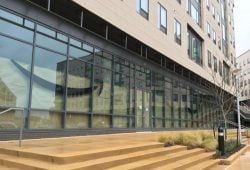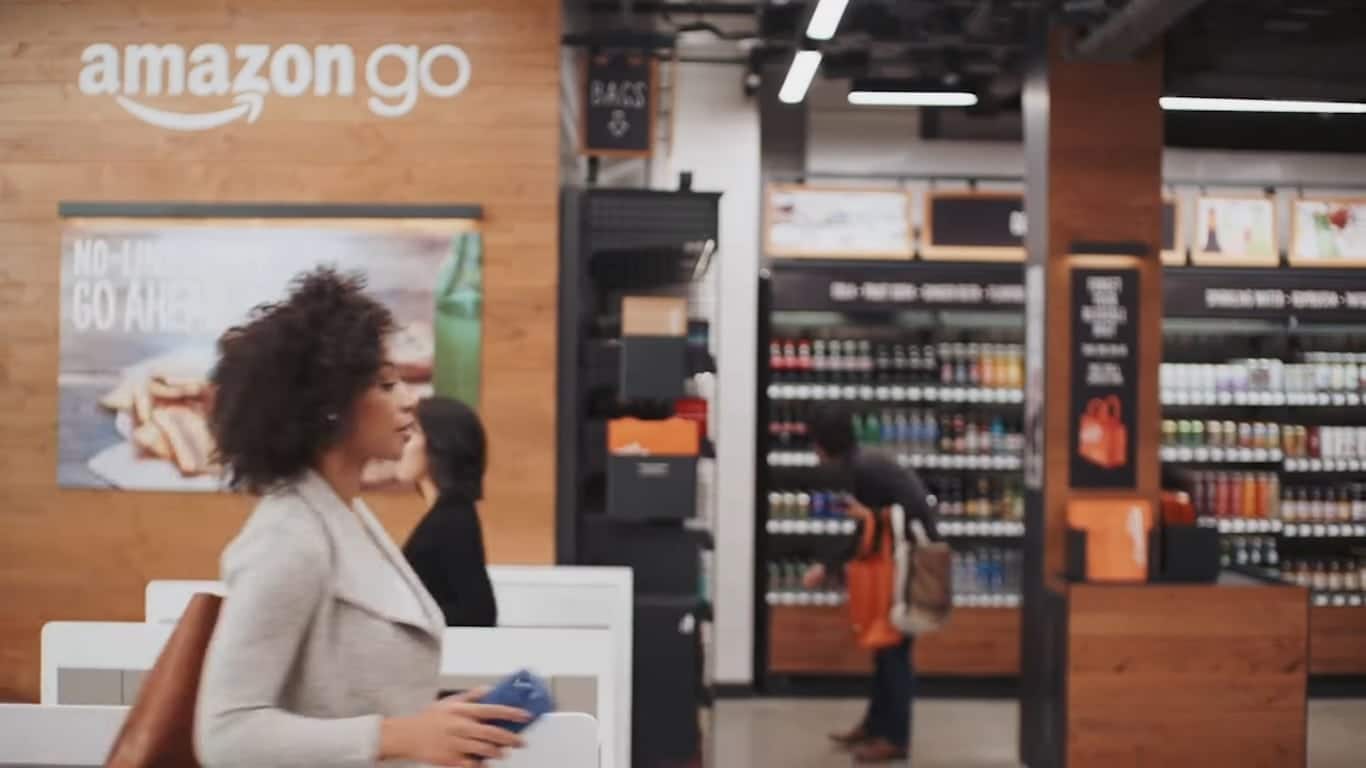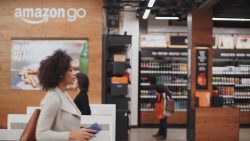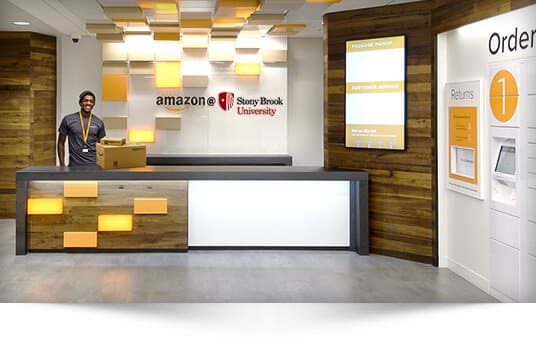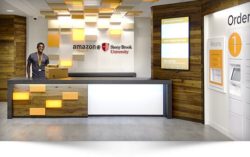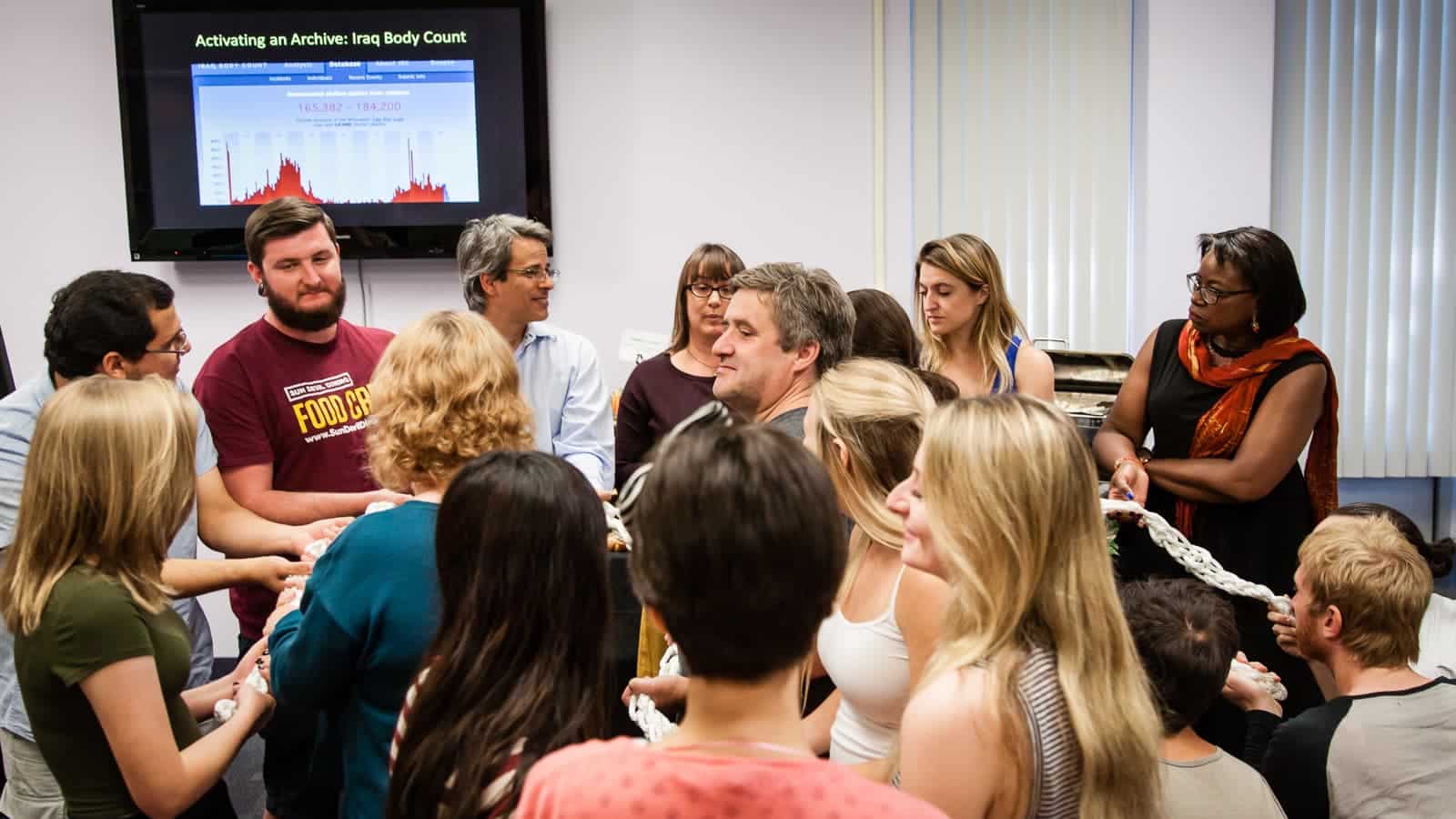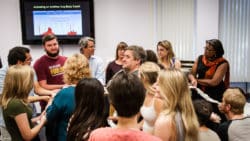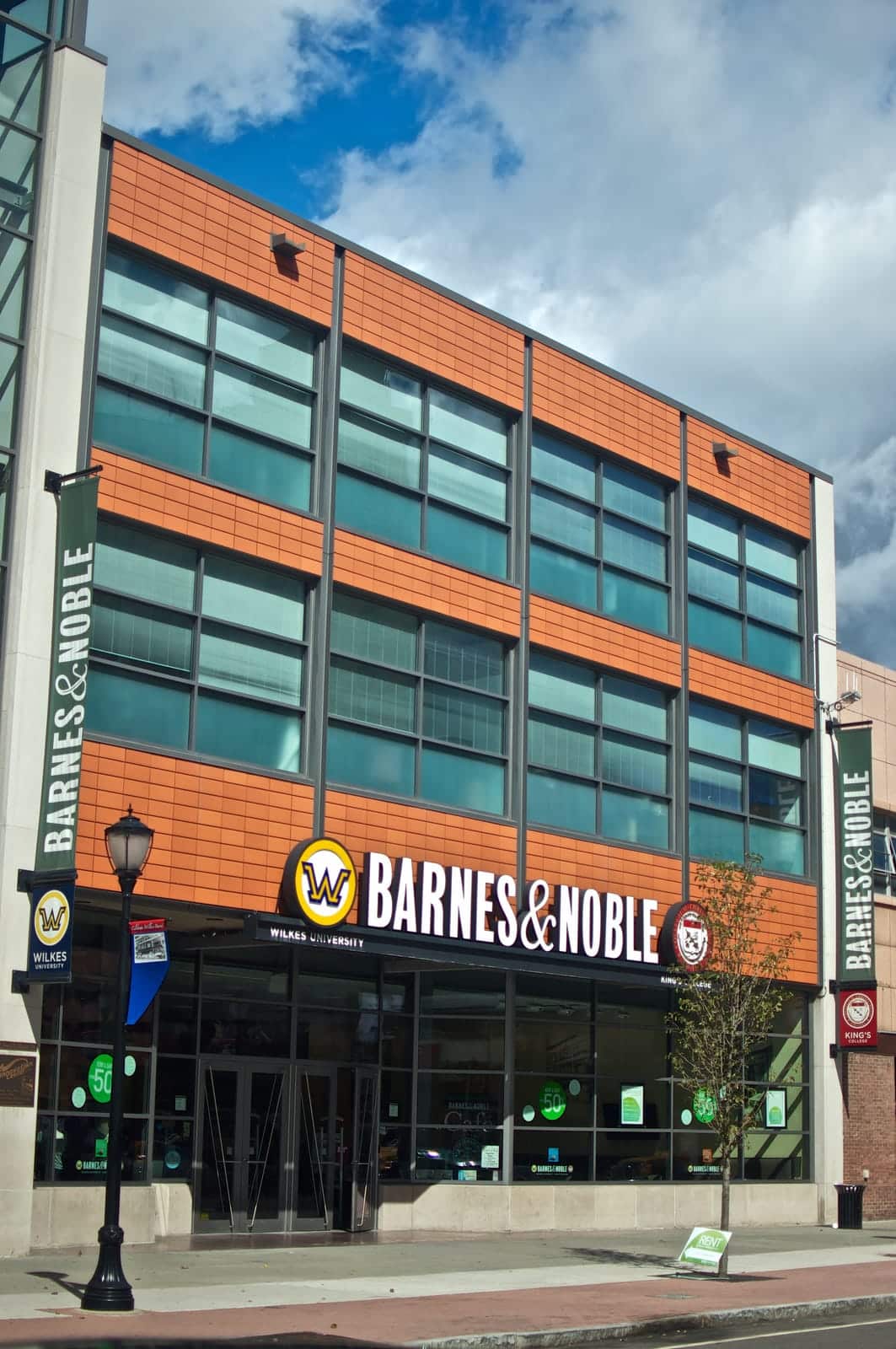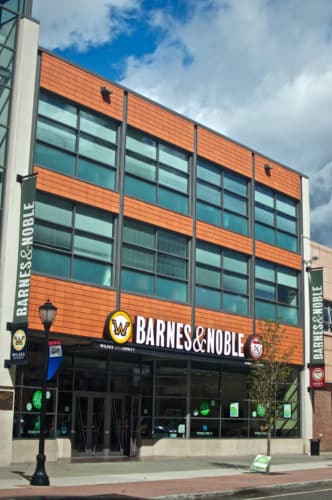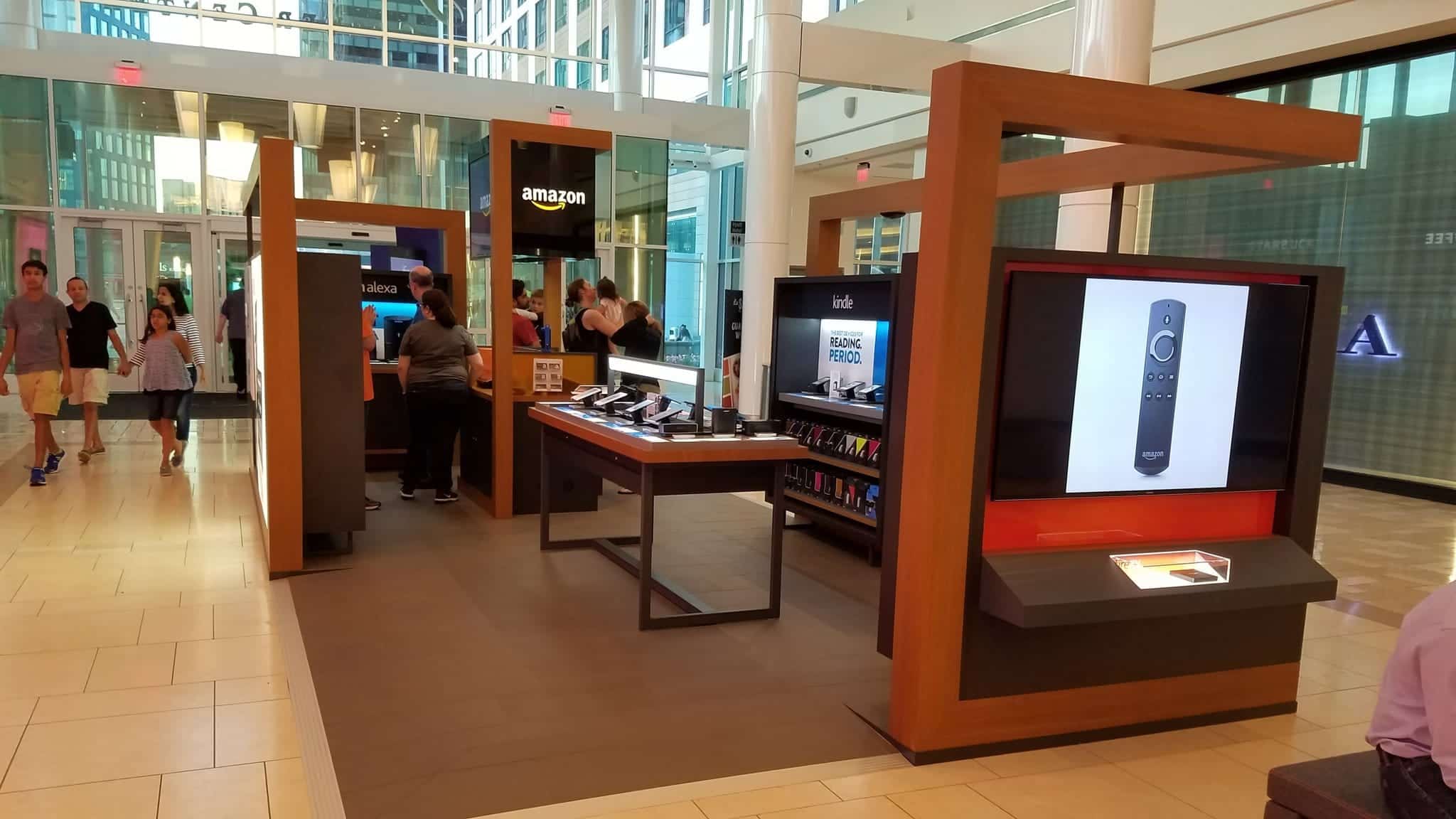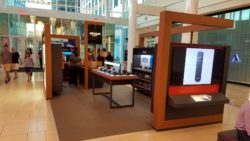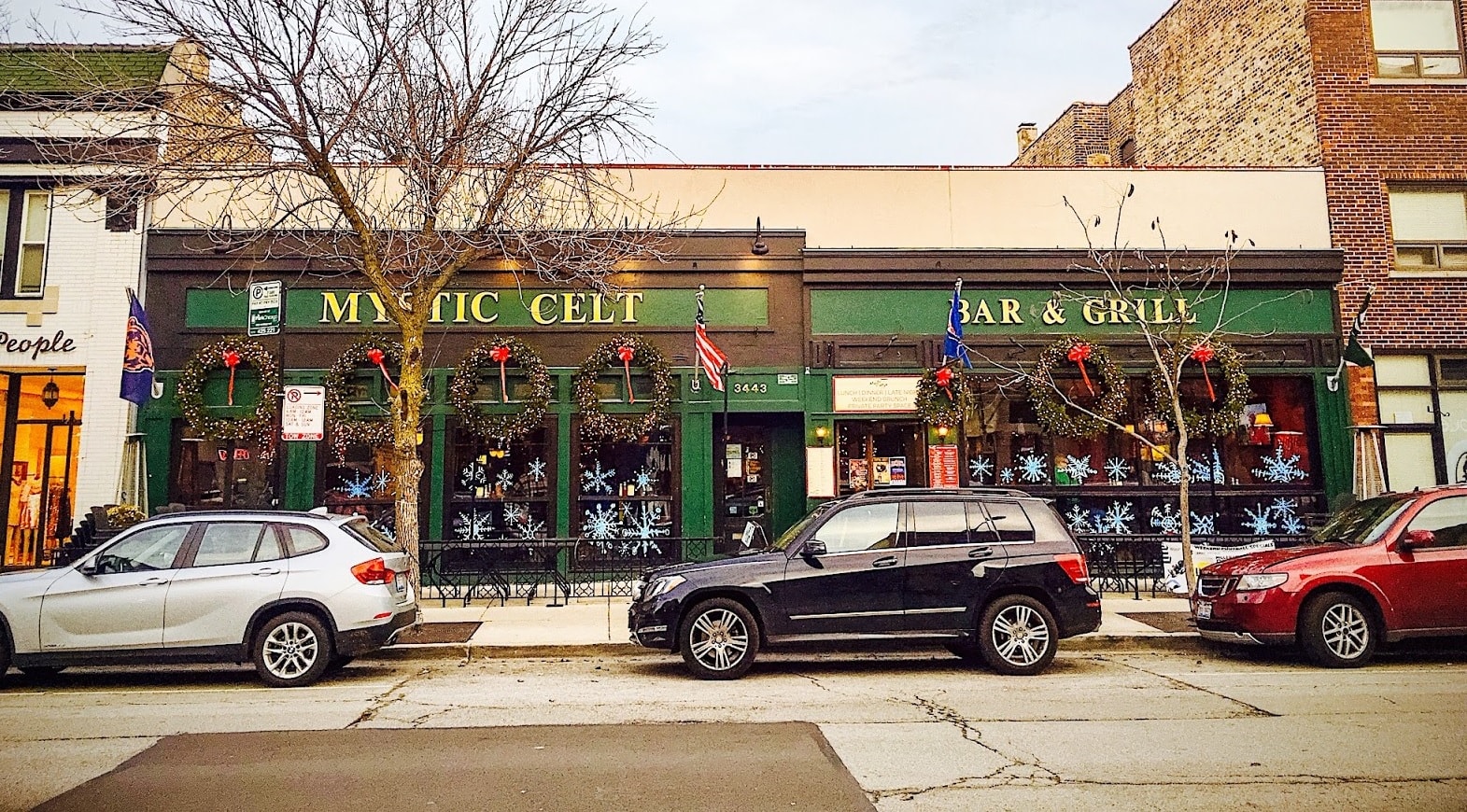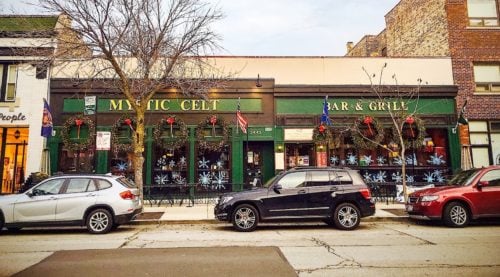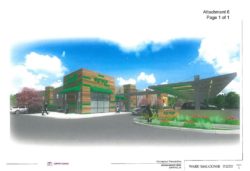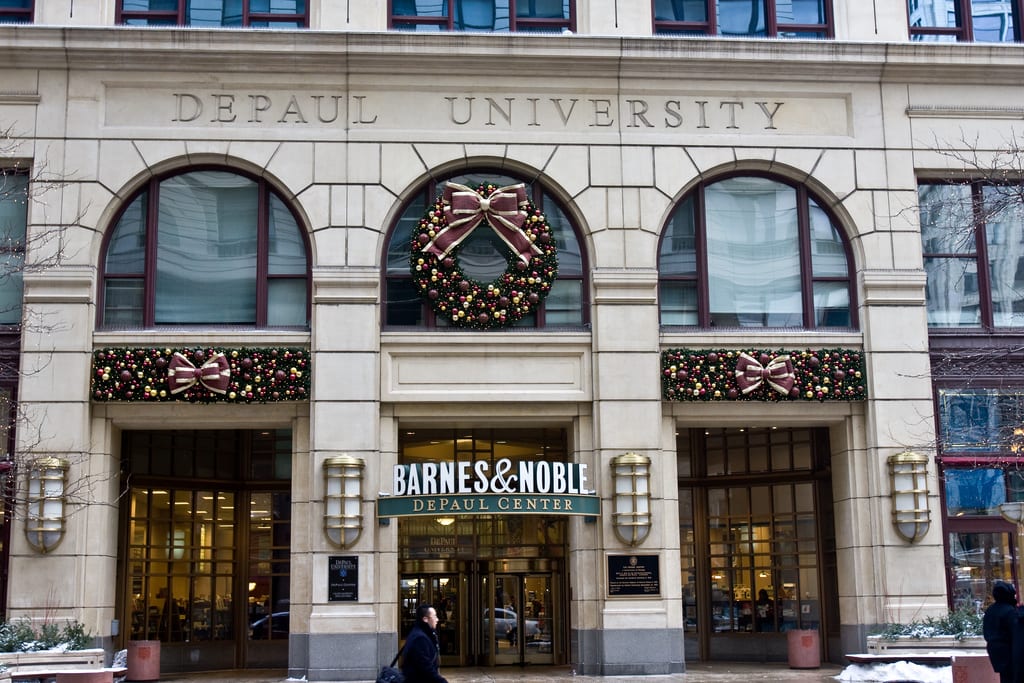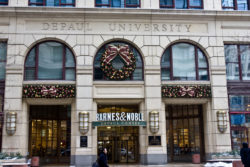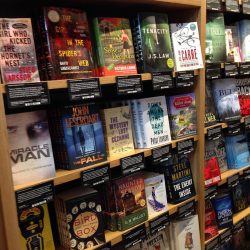 There’s no mention on Amazon’s website but it seems the retailer is planning to open its next Amazon Books location in Walnut Creek, Calif.:
There’s no mention on Amazon’s website but it seems the retailer is planning to open its next Amazon Books location in Walnut Creek, Calif.:
Following the departure of Barnes & Noble last year and the demise of several chain and independent bookstores in the city over the decades, online giant Amazon is planning a brick-and-mortar book store in Broadway Plaza.
Amazon spokeswoman Sarah Gelman confirmed the Seattle-based online retailer is opening an Amazon Books and hiring workers at the high-end shopping center.
…
Whatever the final incarnation, Amazon’s foray into tony Walnut Creek doesn’t shock Laurelle Swan, who operates the city’s last remaining independently-owned book store, Swan’s Fine Books.
“I’m not surprised Amazon came in because they saw a need here for new books,” she said.
Despite its booming retail, dining and arts scene and its state-of-the-art public library, the city lacks a book store where shoppers can browse the shelves for the latest bestseller or newest cook book. The nearest general interest bookstores are in Concord, Danville, Lafayette, Orinda and San Ramon.
This will be the 9th Amazon Books location.
Given the population density and the fact that one suburb ends where another begins, it’s not accurate to say that the are lacks a bookstore. Oakland, which is about 14 miles west of Walnut Creek, has at least a half dozen bookstores. Although the nearest Barnes & Noble is 17 miles away in Oakland, there are several bookstores in the cities in between Oakland and Walnut Creek as well as bookstores in the suburbs surrounding Walnut Creek.
Depending on how far readers are willing to drive, Amazon could compete with even the Oakland B&N.
Me, I don’t think it would be worth the drive – not when I can stay home and buy books online.
Edit: In related news, Amazon is also going to open a pickup location near Cleveland State University:
Amazon@Cleveland, the likely name for a package pickup store for online retailer Amazon, is in the works for downtown near Cleveland State University.
The city’s building department website shows a permit was issued for a 2,500-square-foot Amazon store at 2020 Euclid Ave. The retail space is on the first floor of the University Lofts apartments, which converted offices to apartments years ago. The permit says building out the store will cost about $390,000 to renovate.
The city record, available to the public through online contracting and building information site BuildZoom.com notes construction work has been underway since Jan. 17.
image by bchow
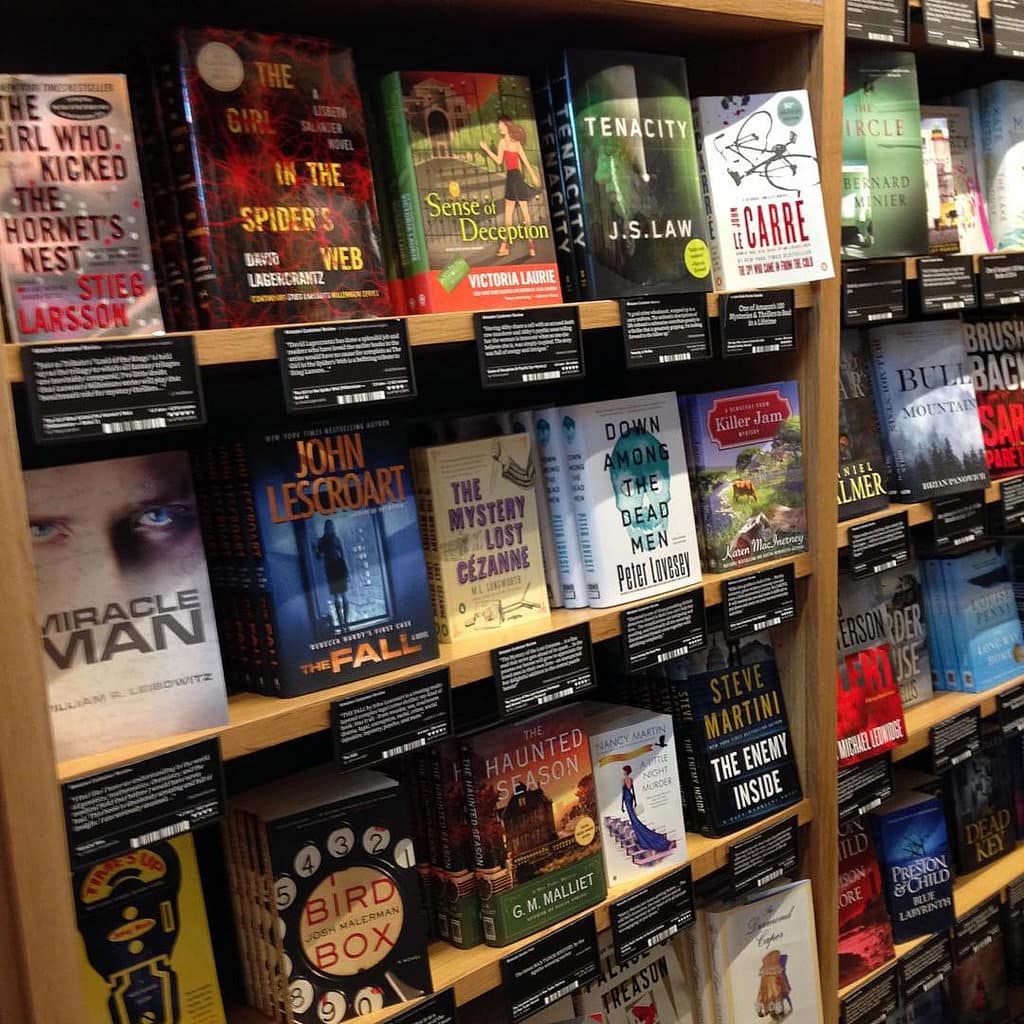

![AmazonatPurdue_1[1]](https://the-digital-reader.com/wp-content/uploads/2015/02/AmazonatPurdue_11-250x166.jpg)
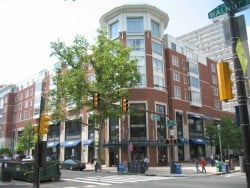
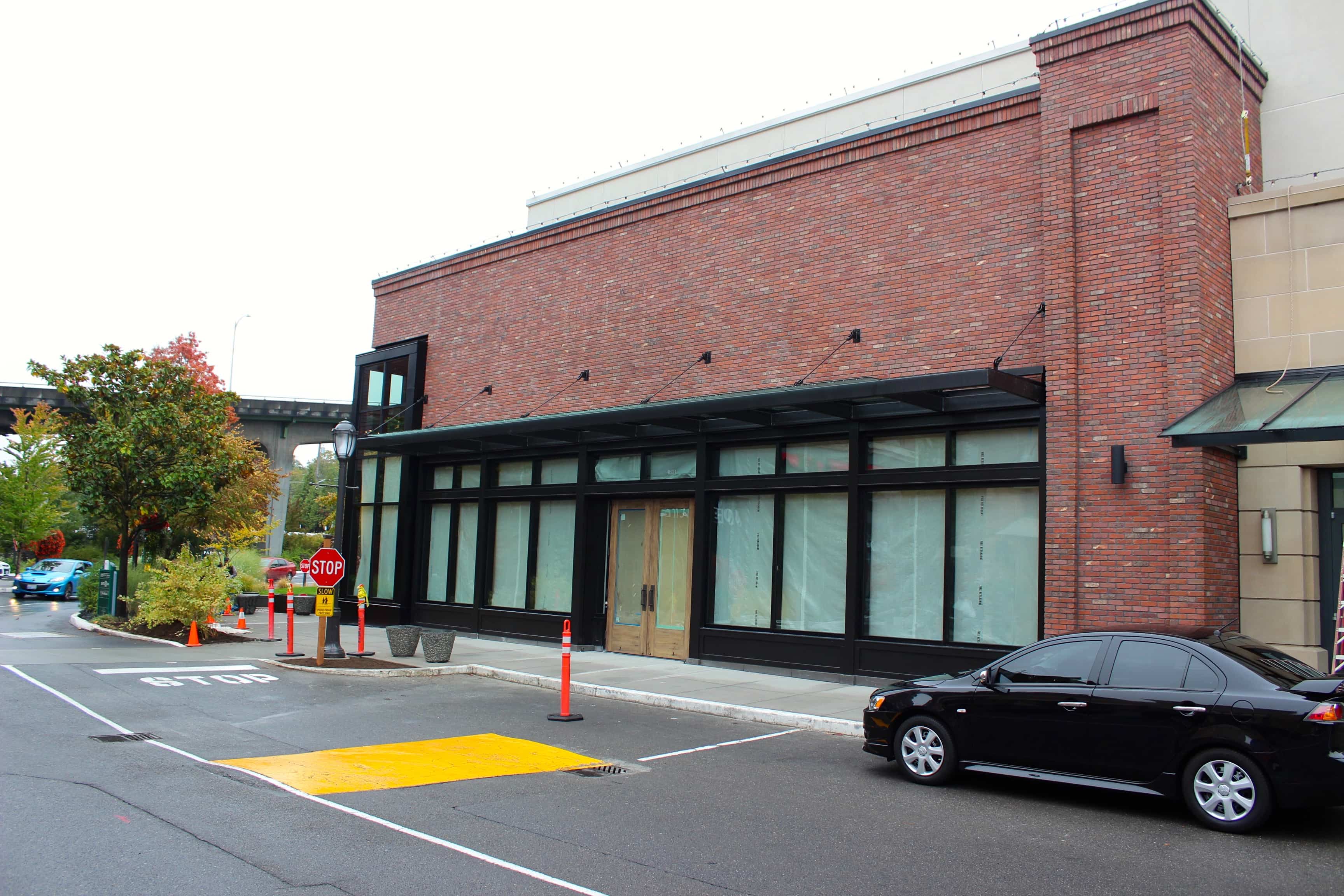
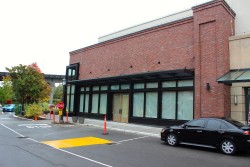
![purdue-university-logo[1]](https://the-digital-reader.com/wp-content/uploads/2014/08/purdue-university-logo1-250x232.jpg) Amazon’s contract to run a staffed pickup and drop off location at Purdue is ruffling a few feathers. The NACS (National Association of College Stores) is suing Purdue University to force it to reveal all of the details from the contract it signed with Amazon.
Amazon’s contract to run a staffed pickup and drop off location at Purdue is ruffling a few feathers. The NACS (National Association of College Stores) is suing Purdue University to force it to reveal all of the details from the contract it signed with Amazon.


